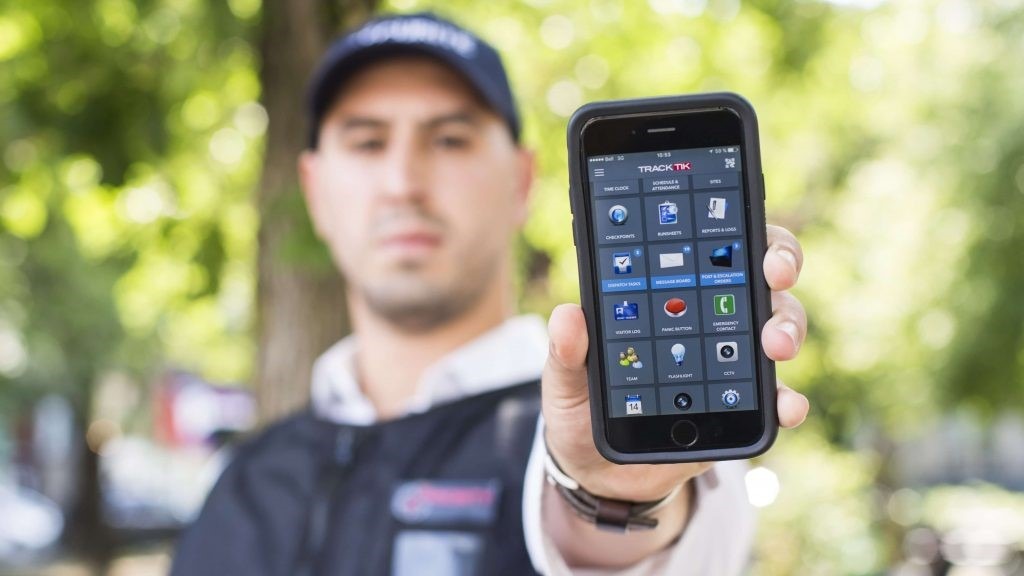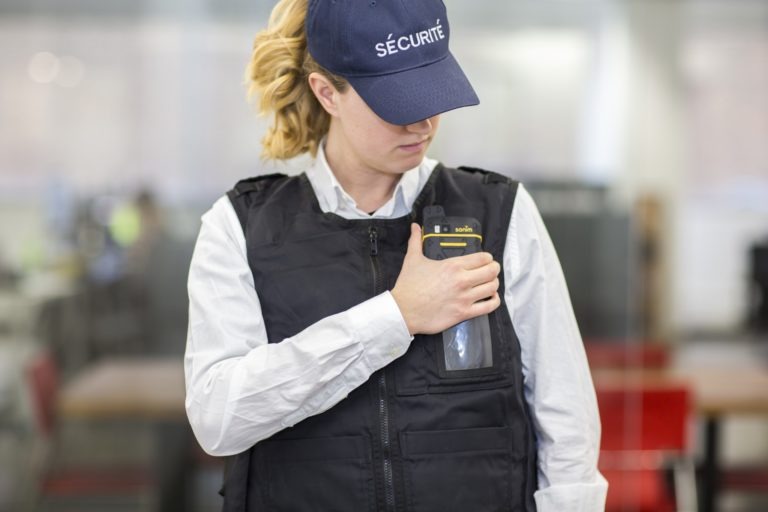As anyone who works in the backend operations of a security company knows, the long list of day-to-day tasks and processes involved in managing a security team can prove to be quite time consuming. This doesn’t just apply to back-office professionals, either. Security guard duties generally include various types of paperwork and other tasks in addition to standard patrol work-tasks that can lead to delays and miscommunications with your clients. To avoid these problems and improve overall efficiency, more and more security companies are turning to automated software systems that allow for the automation of many of these mundane tasks.
What are the automated duties?
Today’s automated systems provide assistance in every aspect of your security workforce duties, ranging from scheduling and timekeeping features which facilitate the backend management of security teams, to GPS tracking and live reporting features that encourage increased accountability from security guards and ensure that they are doing their job properly. These automated features work in tandem to improve communication between backend operators and security guards by automatically sending notifications via email or text message so that important information (such as the addition of a new shift or special instructions from a client) isn’t lost in a pile of paperwork.
It’s agreed that having automated systems in place will put security on site to help improve the likelihood that any unusual activities will be identified before an incident can occur.
However, observation and patrol are just one half of the entire equation. Providing details of their patrol services–especially whether or not any abnormalities were spotted during the patrol–is another critical half. For this to occur, security firms need to depend on automated systems to help increase the efficiency of security guard duties. This is because automation makes it possible for the security guards to input incident code during the patrol, which also allows for a faster response from management or the client when further instructions are needed. The programmable incident codes also assist in eliminating paperwork, making it easier to download the codes to a computer once the guards are through with their patrol.
Automation complements post orders
Written “post orders” are essential when it comes to patrol tours. This is because such information allows for consistency during patrol and reporting. The post orders may include instructions such as fire watch checks, walking around a building, and checking the locks to ensure a gate is closed. When an automated system complements this checklist, it should be easier to complete activity or incident reports in a faster and comprehensive manner. For instance, an iron box left turned on for long hours could be a potential fire hazard. An automated system such as a hand-held data recorder will facilitate security guard duties by feeding such information collected by the security guard on patrol directly to the system, rather than having to do the same at the end of their patrol.
Adhering to a mandated process–such as checks of different buildings–can become a routine with a high probability of carelessness unless a method is in place to ensure these duties are being accomplished. With the use of automated systems, however, it becomes possible for security guards to verify such rounds with improved ease and reliability. For example, while on patrol, guards can check into key stations which are strategically located within the facility using their automated systems. The location, time, and date of the check-in can be recorded on these systems, and if one station check-in is missed, the report will flag such information.
Additionally, the automation process makes it possible for the management to monitor the performance of their security guards and to provide more training when such is required.With high-quality automation software in place, your security guards can provide more efficient service to your clients and direct more of their focus to the tasks that matter most.


